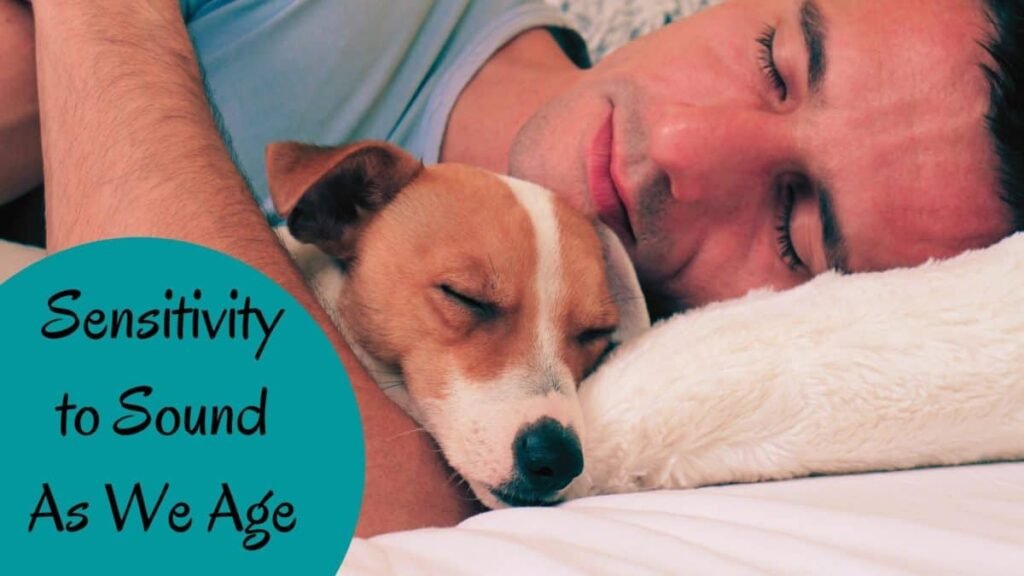Understanding Noise Sensitivity: When Everyday Sounds Become Overwhelming

For millions of people, noise is more than a mere annoyance — it’s a source of intense distress. Whether it’s footsteps from the apartment above, distant traffic, or a vacuum running next door, noise sensitivity can disrupt concentration, trigger anxiety, and even compromise long-term health. Unlike a temporary irritation, this condition can deeply affect emotional wellbeing, sleep quality, and even heart health.
Understanding Noise Intolerance and Related Disorders
While often confused with hyperacusis or misophonia, noise sensitivity stands apart. People with hyperacusis perceive sounds as louder than they really are, often experiencing discomfort or pain. Misophonia, meanwhile, is characterized by intense emotional reactions to specific triggers like chewing or pen-clicking.
By contrast, noise sensitivity involves a broader, generalized emotional reactivity to various sounds — regardless of their volume or nature. For those affected, seemingly benign noises can provoke feelings of irritability, dread, or stress.
The Impact of Sound on the Brain and Nerves
Recent neuroscience research sheds light on why some people react more strongly to sound. In those with noise sensitivity, the brain shows increased activity in response to all kinds of noise, not just those considered threatening. One area of interest is the medial geniculate nucleus, which plays a crucial role in filtering sound before it reaches conscious awareness.

In noise-sensitive individuals, this filter appears to function less effectively. As a result, the brain remains “on alert,” even during sleep. This might explain why those with noise sensitivity experience disrupted sleep patterns, fewer sleep spindles (essential brainwave activity during rest), and higher levels of daytime fatigue.
The Physical and Mental Health Toll of Noise Sensitivity
The consequences go beyond mere annoyance. Studies have linked chronic noise exposure to increased risks of hypertension, heart disease, anxiety, and depression, particularly in people who are more sensitive to noise.
A recent survey found that those who identified as highly noise-sensitive reported poorer general health, less restorative sleep, and higher rates of emotional exhaustion. For many, everyday sounds can lead to a persistent fight-or-flight response, elevating cortisol levels and keeping the body in a constant state of stress.
Is Noise Sensitivity Genetic – Or Learned Over Time?
Genetic studies, including research on twins, suggest that noise sensitivity has a heritable component. However, environmental factors play a major role as well. Prolonged exposure to noisy surroundings, especially during formative years, may condition the brain to react more strongly over time.

Furthermore, individuals with conditions like anxiety, PTSD, schizophrenia, and autism are significantly more likely to develop heightened sound sensitivity.
Why Medical Recognition Matters for People with Noise Sensitivity
Despite its clear impacts, noise sensitivity often gets dismissed in medical settings. Because it lacks a formal diagnosis, sufferers are frequently left to navigate the condition without guidance. Yet for many, it affects every part of daily life — from where they live to how they work or socialize.
As awareness grows, there’s hope for more targeted support. Recognizing noise sensitivity as a valid concern could lead to better accommodations in workplaces, urban planning, and mental health services.
How to Cope with Noise Sensitivity: Strategies and Treatments
While eliminating noise entirely is unrealistic, there are practical steps that can make a big difference:
- Soundproofing solutions: Installing thick curtains, carpets, or even acoustic panels can reduce ambient noise.
- Noise-cancelling headphones or earplugs: These help buffer external sounds, particularly in shared living spaces or during travel.
- Therapeutic support: Cognitive Behavioral Therapy (CBT) has been shown to reduce anxiety related to sound. It helps individuals reshape their responses and reduce emotional reactivity.
- Music therapy: Gentle, soothing compositions — such as instrumental or classical music — can foster positive associations with sound and promote relaxation.
- Mindfulness and breathing techniques: These reduce the stress response triggered by noise and enhance emotional resilience.
Urban Planning Solutions for a Quieter Future

Cities across Europe and beyond are experimenting with quieter infrastructure — including sound-reducing road materials, noise-dampening architecture, and quiet zones in parks and public spaces. These innovations show that solutions are not only possible but effective in improving quality of life for noise-sensitive residents.
Living with Noise Sensitivity: Finding Calm Amid the Chaos
While the world may not quiet down overnight, understanding how works is a powerful first step. Recognizing the biological and psychological roots of the condition can validate experiences and lead to better coping mechanisms.
For now, tools like noise-blocking gear, therapeutic techniques, and conscious lifestyle choices offer relief. And with growing awareness, there’s hope for broader systemic changes — so that people with can find peace not only within their own homes but in the world around them.




